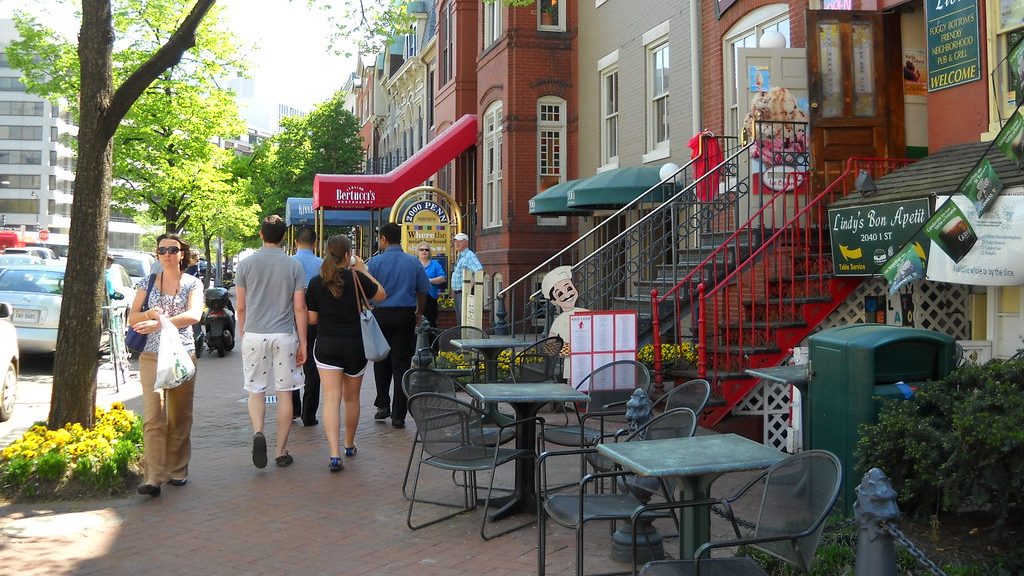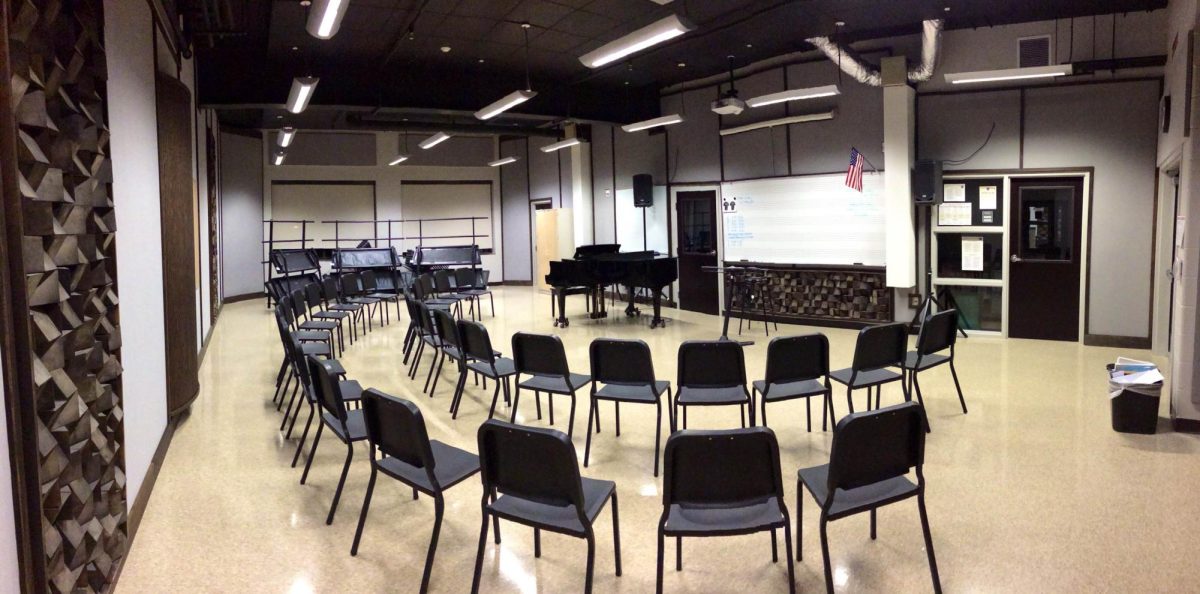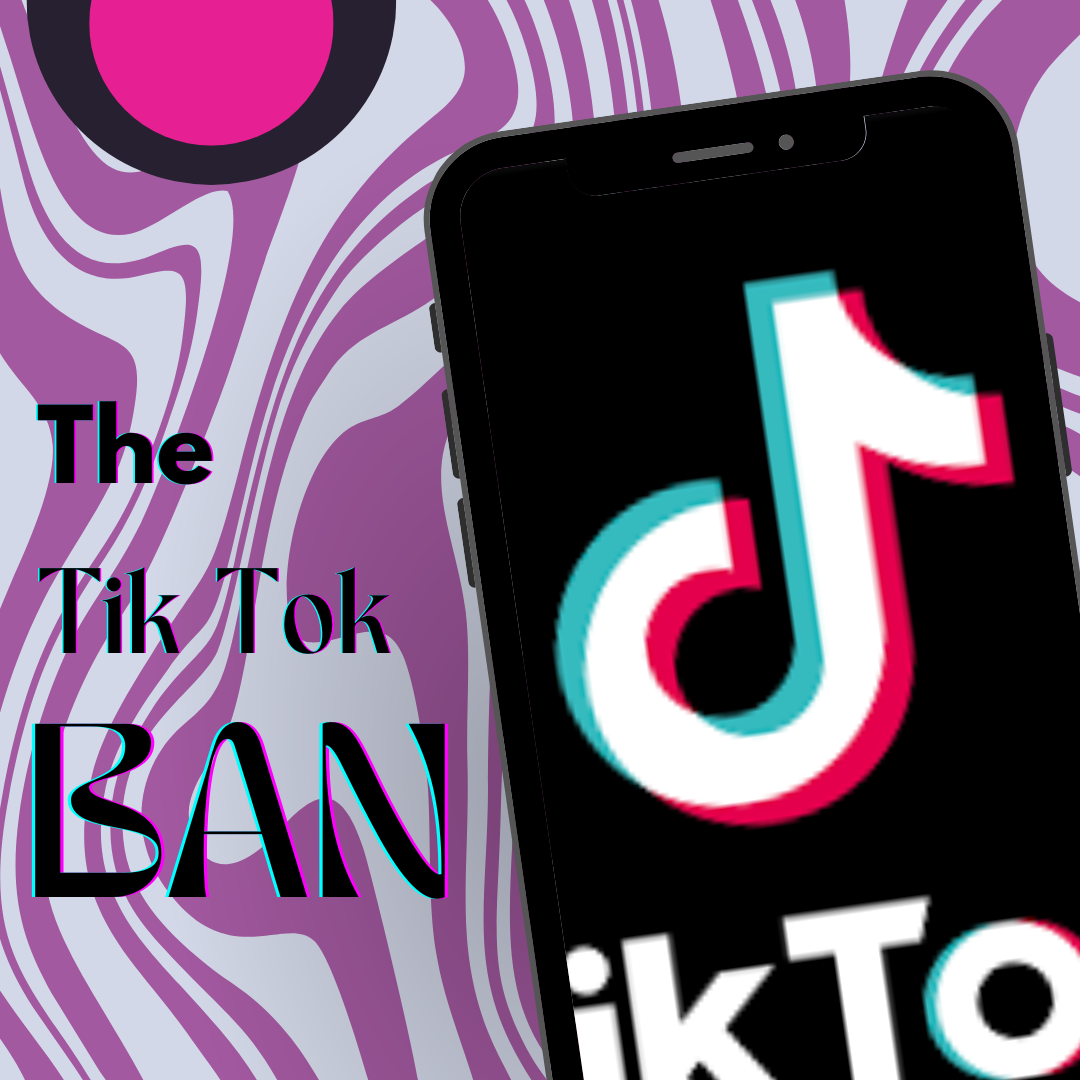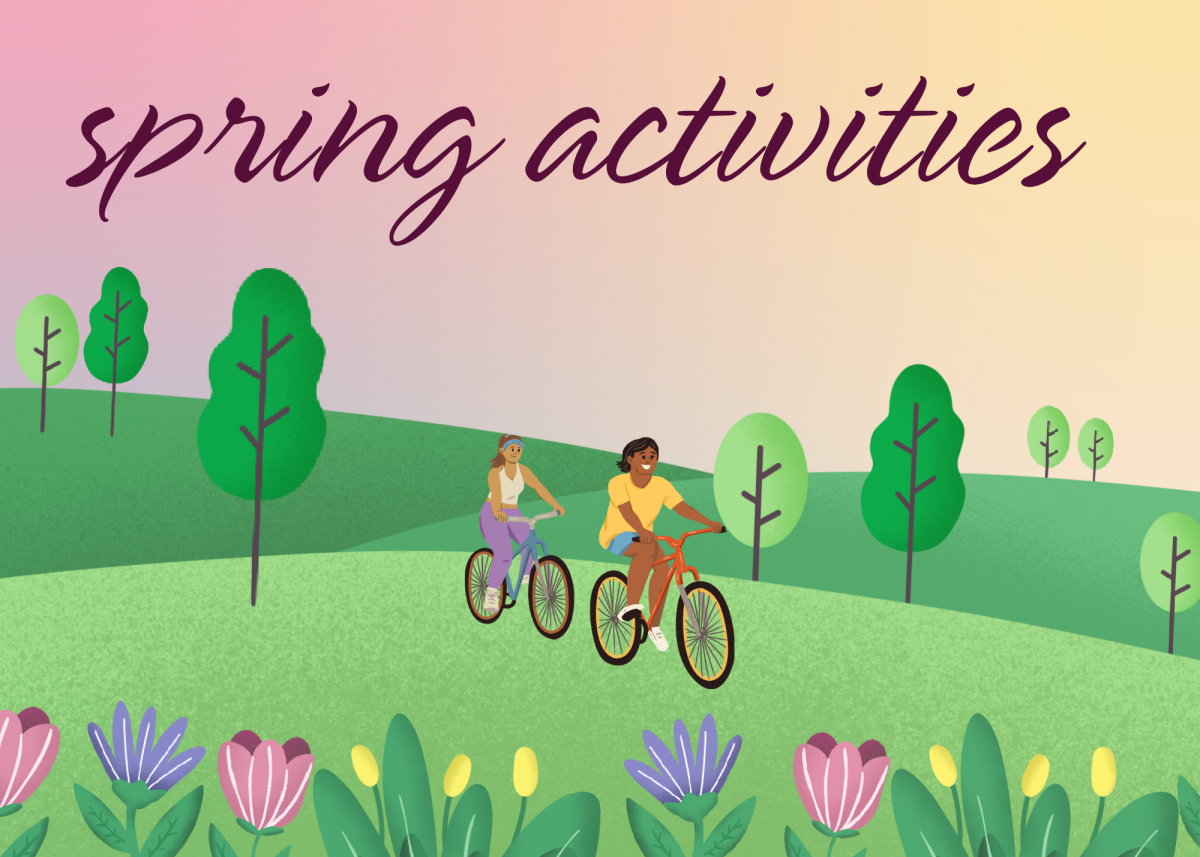For ages, technology has been sculpting the residential landscape of our cities, though its effect has grown more profound in the past decade. From travel methods to public services, here are the ways in which technology has most impacted our cities.
With the incorporation of technological systems into urban infrastructure, cities are getting an upgrade to a sort of technological biosphere. Smart grids manage energy more efficiently and help remove errors, while adaptive traffic management systems ease congestion and make transportation swifter.
The way we move about cities has also undergone a revolution. Services like Uber and Lyft have irrevocably altered how people travel, even removing the requirement for a vehicle in some cases. Electric scooters and bikes provide eco-friendly alternatives, while their rentable counterparts greatly increase affordability. Autonomous vehicles are also on the horizon, heralding a new era of vehicular convenience.
Public transportation – subways, buses and the like – has also seen significant improvements through technology. Real-time tracking, ticketing and automatic scheduling have helped render commuting more tolerable for those making interminably long journeys. These innovations have reduced wait times by an impressive margin, one of the most irritating elements of public services.
The Internet of Things (IoT) is a network of devices, sensors and receivers that connect across a preset area and it’s making cities smarter than ever. Linked devices monitor nearly every facet of urban life, from waste management to air quality, contributing to more sustainable cities. In your own home, you might have something like an Alexa – think of the IoT as an Alexa-regulated smart-home but expanded onto the scale of a city.
Cities are going digital with e-government services. Residents can now access information, pay bills and engage with local authorities online. This shift reduces paperwork, streamlines processes and encourages greater civic participation.
Digital communication tools such as social media and messaging apps play a crucial role in connecting people within and between cities. They facilitate real-time information sharing, emergency alerts and community building; with offices like law enforcement and legislative bodies, social media helps bring them closer to the people, making them more approachable and tangible.
Additionally, remote work has become considerably more accessible. High-speed internet and collaboration tools like Office 365 enable people to work from home or satellite offices, reducing the need for daily commutes and changing the dynamics of urban workspaces. While such a shift has contributed to a diminishment of office culture in some areas, the ability to work from the comfort of one’s home has the potential to increase efficiency across the board.
E-commerce has transformed how we shop in cities. Online shopping and delivery services have become increasingly popular, impacting the design and function of urban spaces; tons of shops have already shut down and gone digital to save money and increase production. Amazon is a prime example of this shift – the death of physicality in the name of convenience.
Urban planning and design have embraced augmented reality (AR) and virtual reality (VR). These technologies create immersive experiences, allowing city planners and architects to visualize and plan changes before they are implemented – gone are the days of inefficient and extraneous construction.
Technology is not only changing the way we live in cities but also enhancing efficiency, connectivity and sustainability. As our cities continue to evolve, technology will undoubtedly play a central role in shaping the urban landscape of the future; it is important, though, that human imperfection be not forsaken in the name of an aluminum gleam.















